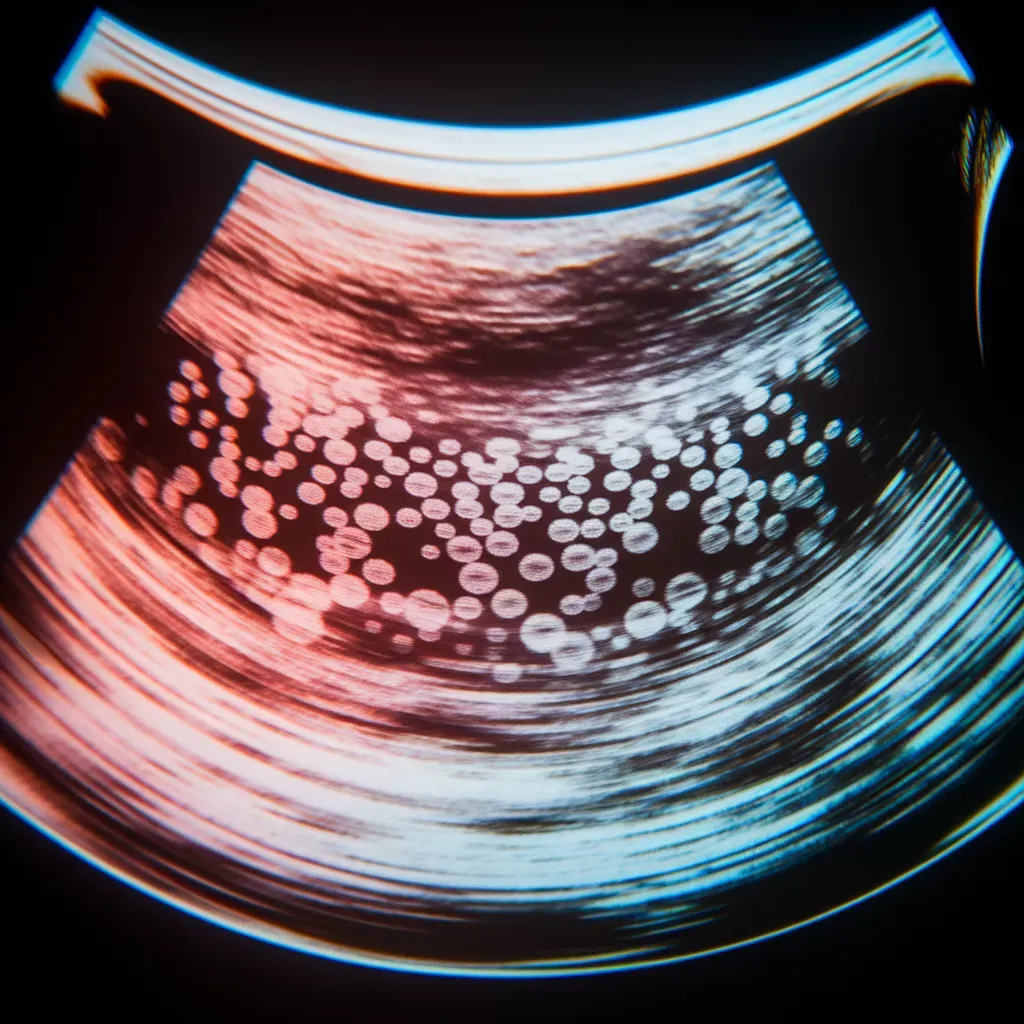Infertility
Infertility is defined as the inability to conceive after 12 months of regular, unprotected intercourse. It affects both men and women and can stem from various factors such as hormonal imbalances, medical conditions, lifestyle habits, or age.
While the emotional toll can be significant, early diagnosis and a supportive care plan can make a meaningful difference in the journey to parenthood.
Understanding Fertility Challenges & Holistic Solutions
Fertility challenges can be complex, often involving a combination of physical, emotional, and environmental factors. Common causes include ovulation disorders, low sperm count, endometriosis, and age-related decline. However, fertility is not just a medical issue—it's deeply personal and often calls for a more integrated approach.
By addressing the root causes and supporting the body as a whole, many individuals and couples find renewed hope in their fertility journey.

Infertility affects 1 in 6 couples globally.
Source: World Health Organization

Infertility affects both men and women equally, with each accounting for about 1/3 of cases; the remaining third is due to combined or unexplained factors.
Source: National Institute of Child Health and Development

In couples younger than age 30 who are generally healthy, 20% to 37% are able to conceive in the first 3 months.
Source: National Institute of Child Health and Development
Common Conditions:
Polycystic Ovarian Syndrome (PCOS)
PCOS is a hormonal disorder that disrupts regular ovulation, often leading to irregular periods, excess androgen levels, and ovarian cysts—making it one of the most common causes of infertility in women.
Endometriosis
This condition occurs when tissue similar to the uterine lining grows outside the uterus, causing inflammation, scarring, and sometimes blocked fallopian tubes, all of which can interfere with fertility.
Low Sperm Count
A lower-than-normal sperm count reduces the chances of fertilizing an egg, and can result from hormonal imbalances, genetic factors, infections, or lifestyle habits like smoking or poor diet.
Nutrient Deficiency
Key nutrients like folate, vitamin D, zinc, and omega-3s play a vital role in reproductive health. Deficiencies in these can affect hormonal balance, egg quality, and sperm production.


Common Symptoms:
Fatigue
Cycles that are consistently too short, too long, or absent altogether may indicate underlying issues with ovulation, making it harder to conceive.
Joint Pain
The most telling symptom of infertility is the inability to become pregnant after a year of regular, unprotected intercourse—often a sign that further evaluation is needed.
Digestive Issues
Symptoms like acne, weight changes, thinning hair, or excessive facial hair can point to hormonal imbalances that disrupt reproductive function.
Skin Problems
Severe cramping, back pain, or pelvic discomfort during menstruation may signal conditions like endometriosis or fibroids, both of which can impact fertility.
Common Myths & Facts
❌Myth: Autoimmune diseases are rare.
✅ Fact: They affect millions globally, with rising prevalence.
❌Myth: Only women get autoimmune diseases.
✅Fact: While more common in women, men can also be affected.

Our Approach
We address nutrient deficiencies, lifestyle factors, and hormonal health to optimize fertility naturally.

Identify Root Causes
& Triggers
We conduct a comprehensive health assessment, including a deep dive into medical history, lifestyle, and symptoms.
This helps us uncover potential triggers such as dietary sensitivities, stress, environmental toxins, infections, and genetic predispositions that may be contributing to autoimmune dysfunction.

Advanced Testing
& Analysis
We utilize cutting-edge functional lab tests to gain deeper insights into immune imbalances, gut health, inflammation markers, hormonal disruptions, and toxin exposure.
These tests help us pinpoint underlying factors driving autoimmune responses and guide personalized interventions.

Personalized Healing
Plan
Based on the findings, we create a customized protocol that includes targeted nutrition, gut healing strategies, stress reduction techniques, detox support, and natural supplementation.
This approach focuses on reducing inflammation, supporting immune function, and restoring overall balance for long-term wellness.

Holistic doctor Dr. Charlie Ware blends acupuncture, functional medicine & diagnostics to help you heal pain naturally and uncover the root cause of chronic diseases.
Dr. Ware’s clinic is located in Pompano Beach, Florida. He offers in-person visits throughout South Florida and virtual services across the U.S.

